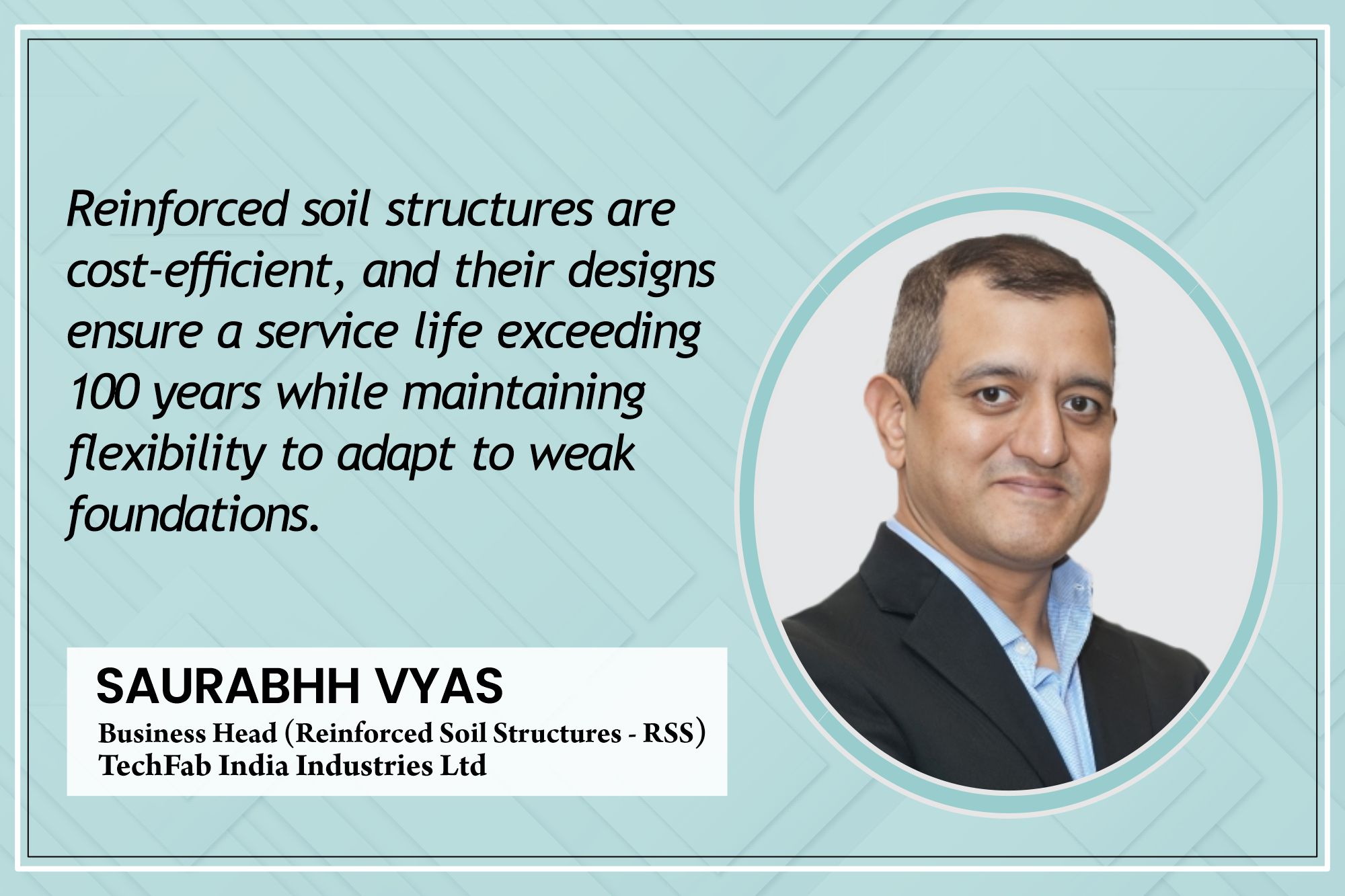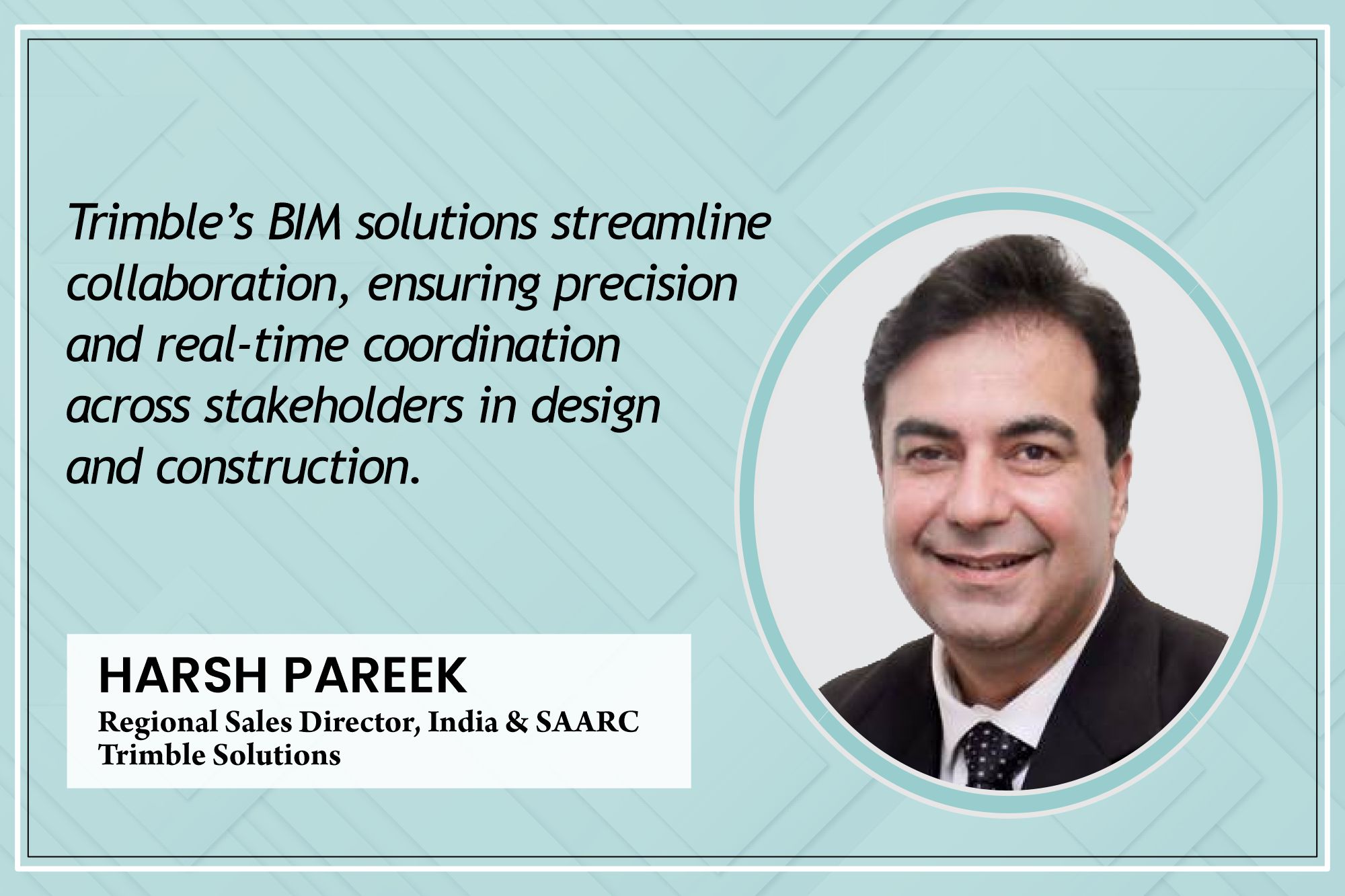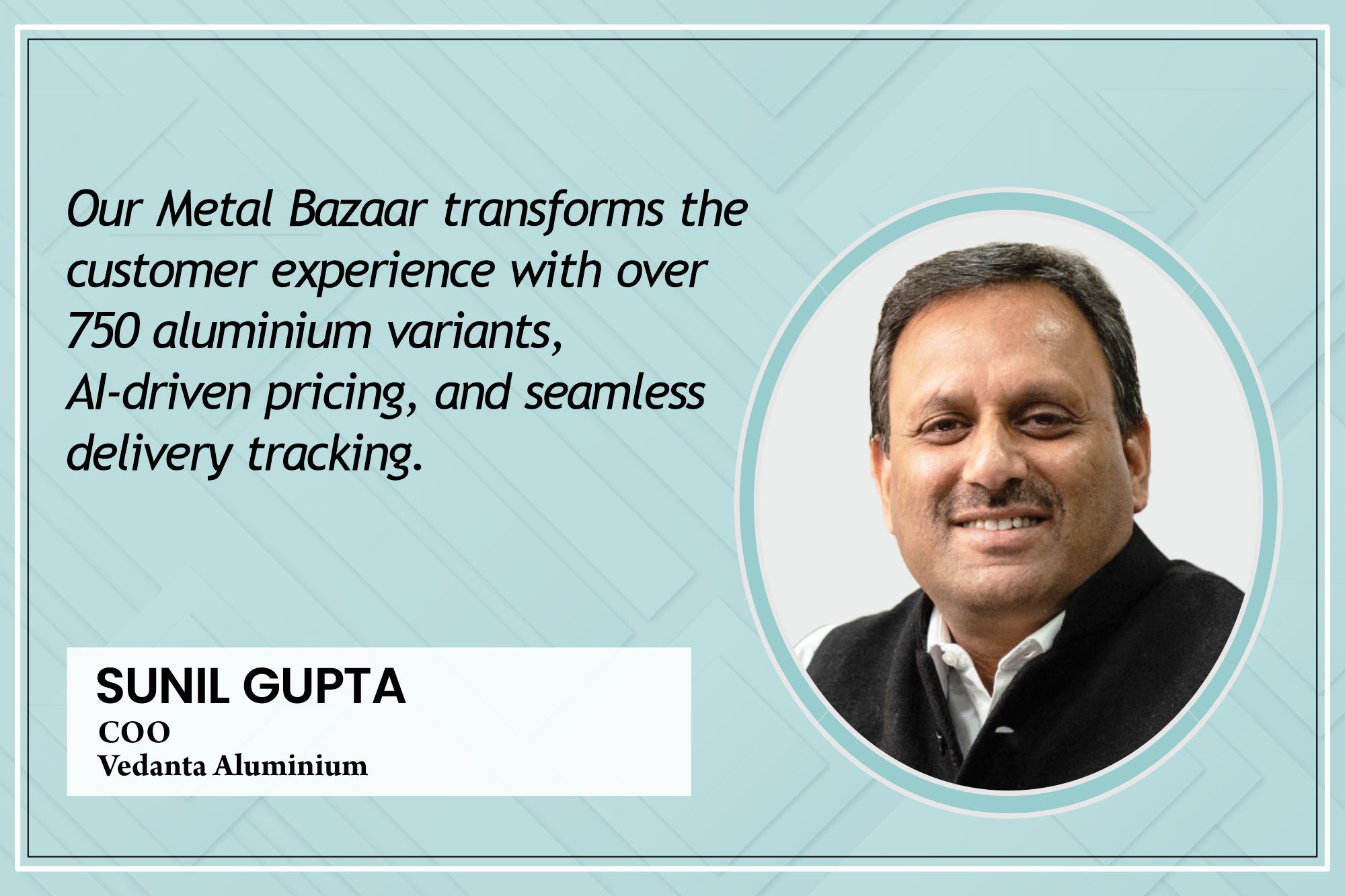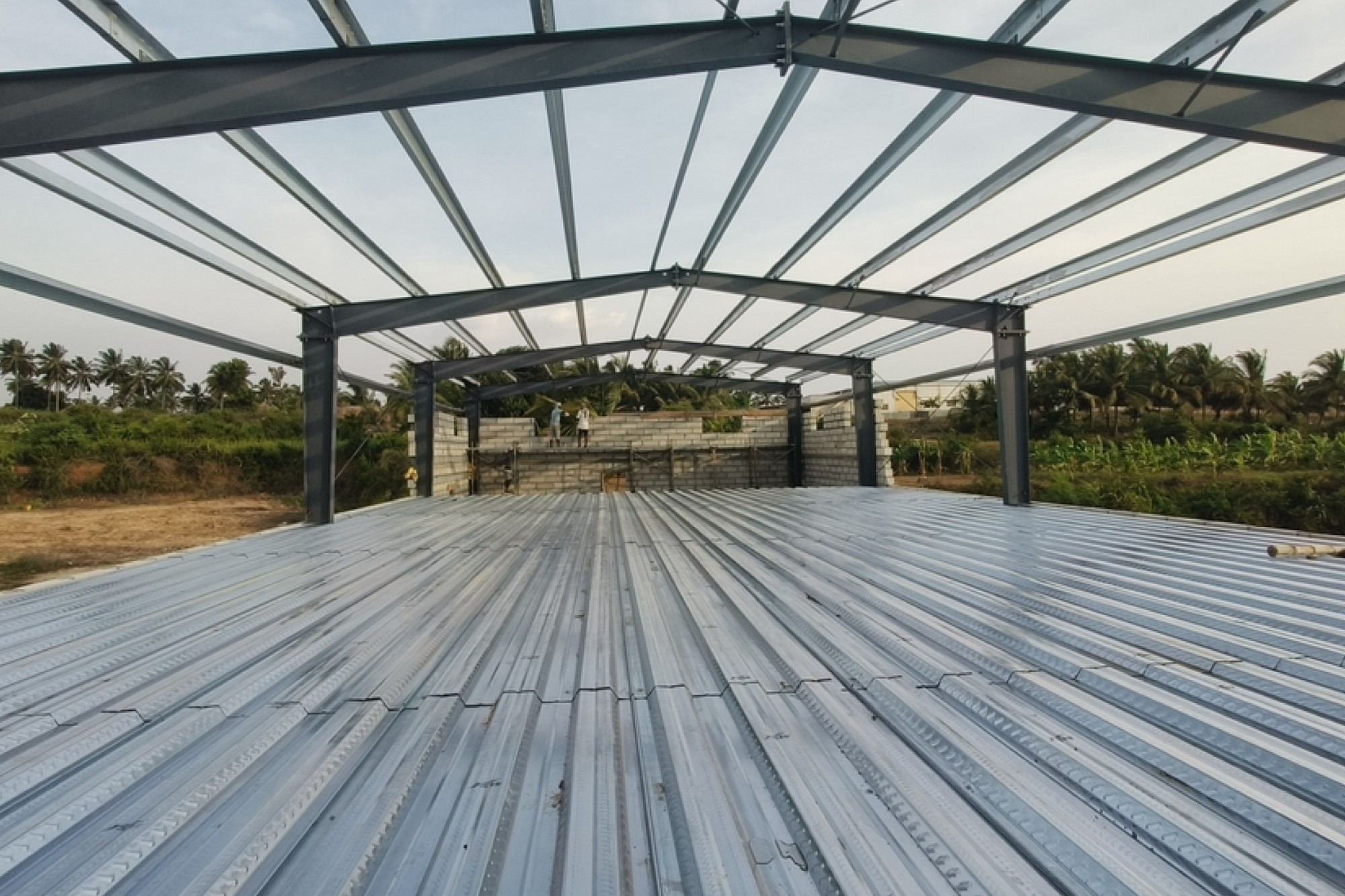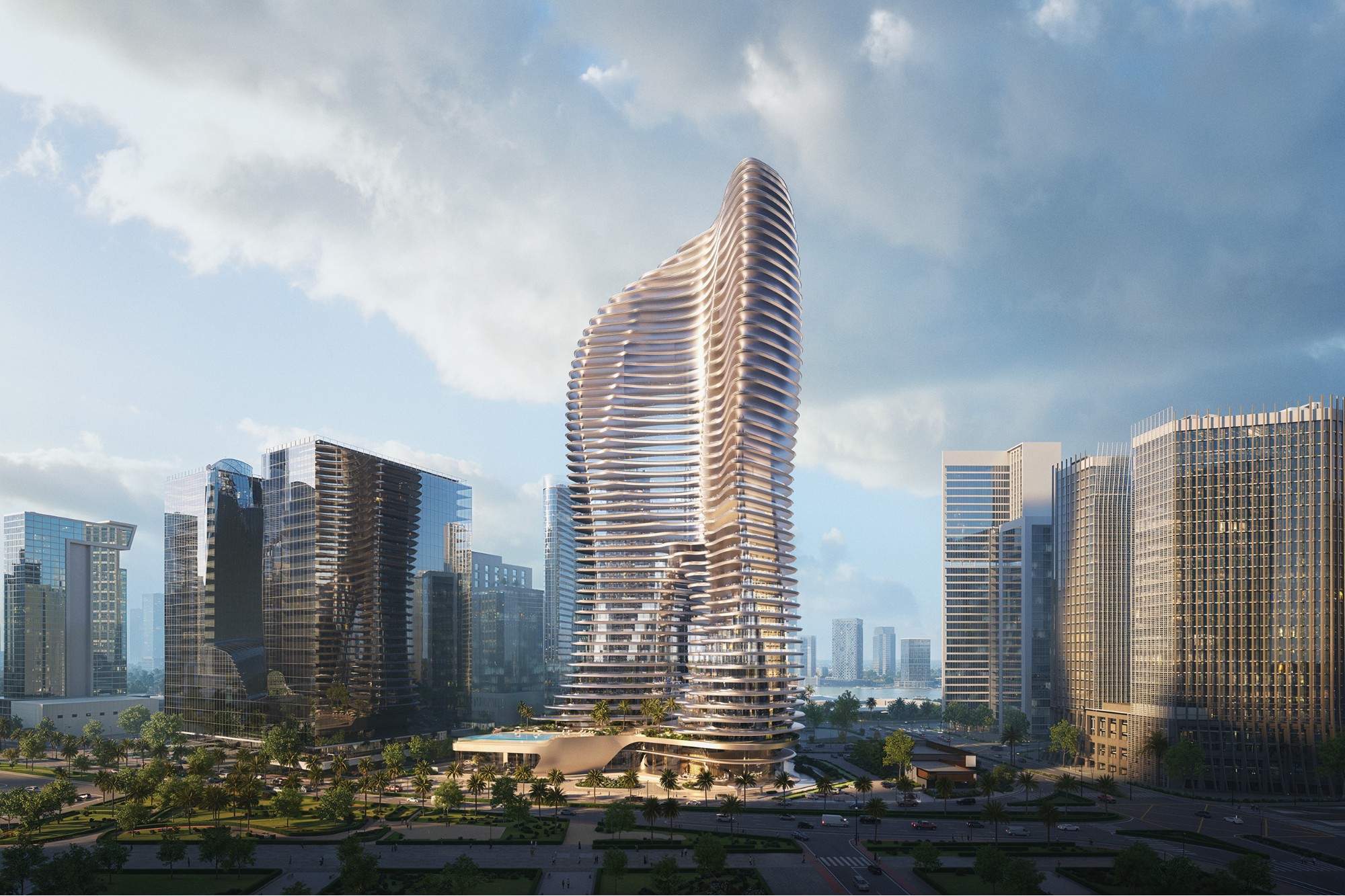Use of sustainable roll-formed tech for the infra projects
By Staff Report | August 17, 2024 11:28 am SHARE
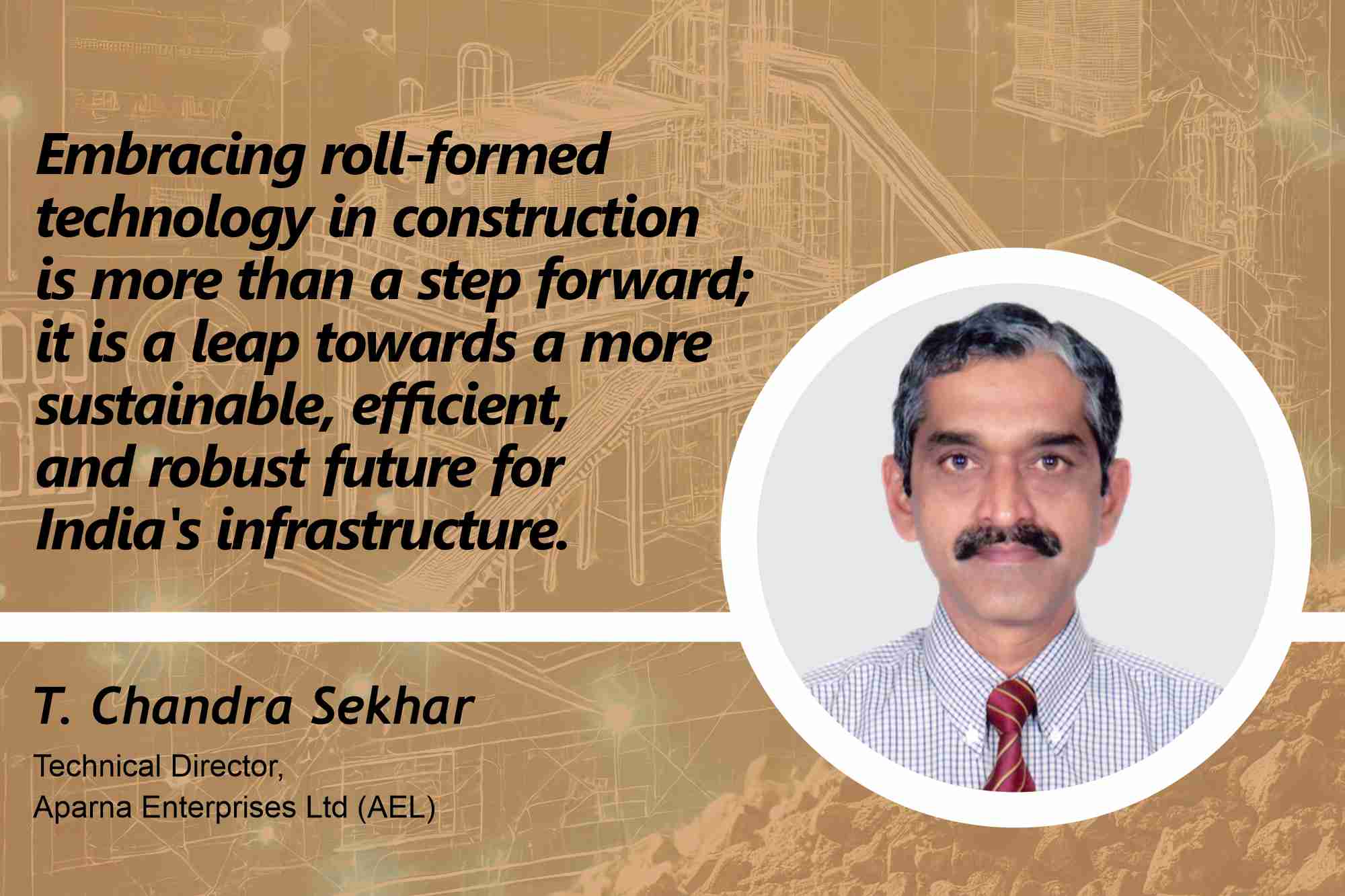
India’s rapid infrastructure growth welcomes revolutionary roll-formed technology. This technology improves efficiency, design flexibility, and sustainability, which are critical to meeting the country’s ambitious development goals.
India is undergoing an infrastructure revolution. The development pace is astounding, with towering skyscrapers redefining cityscapes and enormous highways connecting isolated regions of the country. This rapid expansion provides a rare chance to solve the nation’s infrastructure requirements and move it towards a more prosperous future. We must use creative and sustainable construction processes to realise this ambition, focusing on roll-formed technology.
Roll-forming is a new metalworking technique that constantly forms sheet metal into precise contours. This technology provides numerous benefits that are essential for modern construction. Roll-forming can produce different profiles, from simple channels and angles to sophisticated shapes that meet various construction requirements. Its continuous production reduces waste and allows faster project completion timeframes, resulting in cost savings. The roll-forming technique also produces products with high strength-to-weight ratios, which result in durable and dependable building components. Furthermore, roll-forming provides greater design flexibility, allowing architects and engineers to experiment with novel solutions that improve functionality and aesthetics.
The construction sector uses roll-formed items, each contributing significantly to the project’s success. Roll-formed components, such as lightweight steel frames (LSF), provide a robust and cost-effective alternative to traditional framing technologies, suitable for residential and commercial projects. Roll-formed sheets are lightweight, weather-resistant, and aesthetically beautiful for roof and wall cladding, catering to diverse architectural styles and practical requirements. Roll-formed materials are also employed in applications such as door frames, false ceilings and partition walls, which improve the functioning and beauty of a building’s interior. Companies such as Aparna Rollform provide cable trays in various designs, gratings, and roll-formed manufactured metal pieces. The essential strength of roll-formed solutions is in their systematic approach. Different roll-formed items work together flawlessly, resulting in a more efficient and visually pleasing assembly. Consider structures in which roll-formed structural framing combines with roll-formed roofing and cladding systems, resulting in a strong, weather-resistant, and visually appealing structure.
Leading construction businesses committed to innovation increasingly incorporate roll-formed technologies into prestigious projects. These projects demonstrate the industry’s ability to produce remarkable solutions, ranging from government buildings that represent national power to renowned landmarks that revolutionise hospitality experiences. Roll-formed solutions provide a vital contribution to India’s growth and development.
The construction industry has a huge environmental impact. Recognising this obligation, the industry seeks measures to reduce its footprint. The continuous production process inherent in roll-forming reduces material waste compared to previous fabrication processes. Roll-formed components are lighter than traditional materials, resulting in less building weight and lower energy usage during construction and the building’s lifespan. Many roll-formed items use recycled steel, reducing dependency on virgin materials and lowering environmental effects. By prioritising sustainable practices alongside roll-formed technology, the building industry may help shape a future in which development and environmental responsibility coexist.
By adopting creative and sustainable roll-formed construction processes, the industry can play a critical role in constructing a better, more affluent future for the country. It’s a future in which efficiency and utility merge, beauty and sustainability coexist, and quality underpins all projects. India’s journey to becoming a global economic powerhouse depends on its ability to innovate in the construction sector. Adopting roll-formed technology is more than simply a step in the right way; it is a giant leap towards creating a resilient and future-ready nation. Roll-forming’s adaptability, efficiency, and sustainability suit India’s ambitious development aspirations.
The success of our infrastructure projects is strongly dependent on the quality of the materials employed, and roll-formed products stand out as superior options because of their durability and performance. As we look to the future, incorporating such innovative technologies in buildings will establish new standards for quality and efficiency. The future of construction is based on sustainable practices, and roll-formed technology is at the forefront of this shift. Aparna RollForm is taking big steps towards an environmentally responsible future by eliminating material waste, using recycled components, and promoting lightweight construction.
For more information, visit: https://www.aparnaenterprisesltd.com/
Cookie Consent
We use cookies to personalize your experience. By continuing to visit this website you agree to our Terms & Conditions, Privacy Policy and Cookie Policy.



